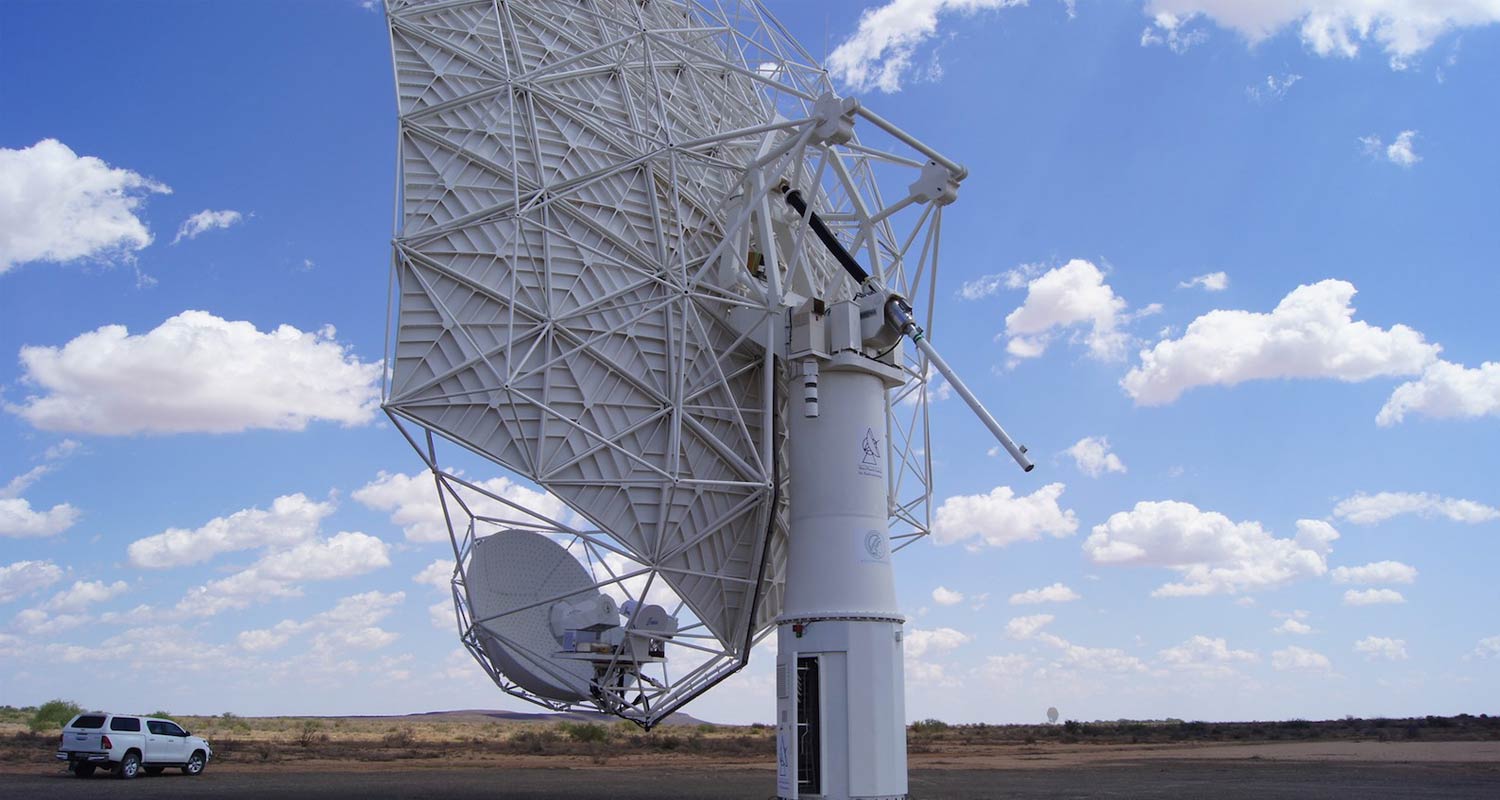Astronomers working with South Africa’s SKA telescope are pushing authorities to ensure that any licensing agreement with Elon Musk’s Starlink will protect their groundbreaking observations, a senior scientist said.
Discussions to bring Musk’s internet service Starlink in South Africa have already been contentious, with parent company SpaceX criticising local shareholding laws while backing equity equivalence programmes.
Attaching astronomy-linked licensing conditions may further complicate attempts to introduce Starlink to the country of Musk’s birth, where he has already said he is deterred by government black empowerment policies.
South Africa said it will review its ICT sector rules but will not back down on government policies to transform the economy three decades after white minority rule ended.
Scientists fear South Africa’s Square Kilometre Array (SKA-Mid), the world’s most powerful radio telescope together with another array co-hosted in Australia, will have their sensitive space observations distorted by Starlink’s low-orbiting satellites.
“It will be like shining a spotlight into someone’s eyes, blinding us to the faint radio signals from celestial bodies,” Federico Di Vruno, co-chair of International Astronomical Union Centre for the Protection of the Dark and Quiet Sky, said in a telephone interview.
Di Vruno said the SKA Observatory, where he is spectrum manager, and the South African Radio Astronomy Observatory (Sarao) were lobbying for licence requirements to reduce the impact on observations in certain frequency ranges, including some that SKA-Mid uses.
Same frequencies
That could direct Starlink to steer satellite beams away from SKA receivers or stop transmission for a few seconds to minimise interference, he said.
South Africa’s current SKA antennae, in the remote Northern Cape town of Carnarvon, use the same frequencies used by most satellite operators for downlinks.
Communications regulator Icasa and Starlink did not immediately respond to questions about the scientists’ concerns.
Read: Starlink sparks storm over black ownership rules in South Africa
South Africa’s MeerKAT radio telescope, a precursor to SKA-Mid which will be incorporated into the larger instrument, has already discovered a rare giant radio galaxy that is 32 times the size of the Milky Way.
Last year, it found 49 new galaxies in under three hours, according to Sarao.
 SKA Observatory, an international body, also campaigns for conditions on licensing agreements with other major satellite operators such as Amazon and Eutelsat’s OneWeb to ensure quiet skies amid a boom in new satellite launches.
SKA Observatory, an international body, also campaigns for conditions on licensing agreements with other major satellite operators such as Amazon and Eutelsat’s OneWeb to ensure quiet skies amid a boom in new satellite launches.
“We are trying to follow different technical and regulatory avenues to mitigate this issue on the global stage,” Di Vruno said. — Wendell Roelf and Nqobile Dludla, (c) 2025 Reuters
Get breaking news from TechCentral on WhatsApp. Sign up here.
Don’t miss:
Icasa drops the hammer on Starlink users in South Africa
Crédito: Link de origem

